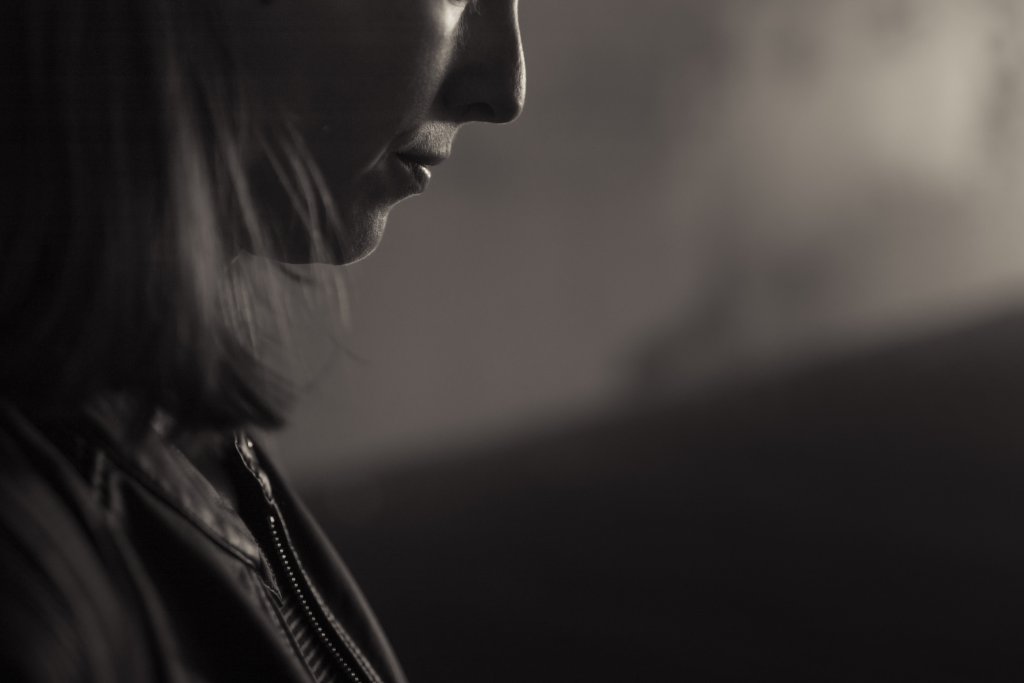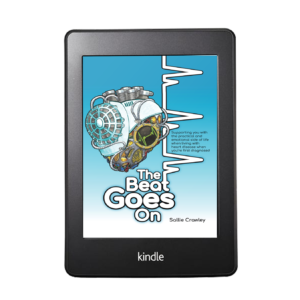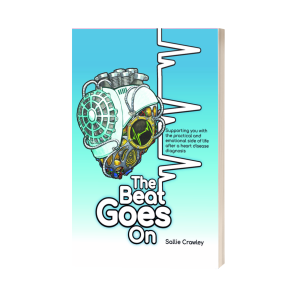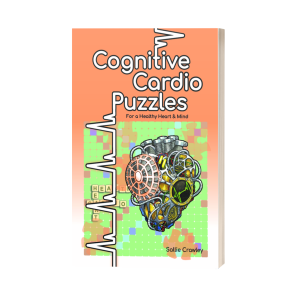When I think back to how I felt when I first came out of the hospital following my heart attack, I don’t think I realised at the time that I was going through one of the first stages of grief. I was on the emotional roller coaster ride of heart attack recovery.
I remember thinking, at first, that everything would be fine in a few days after leaving the hospital and that things couldn’t be that bad. It really was not that long before I realised that my life had changed completely and that I was grieving for life before my heart attack.
It didn’t help, I suppose, that at the time, I was in a cast due to having ruptured my Achilles Tendon, so moving around was very limited. All I had were my own thoughts. I couldn’t understand why I wasn’t feeling my old self and couldn’t even contemplate the thought of the future.
Listen here or read on ……

After a heart attack or heart attack the feelings are a form of grief
Most people think of grief as something you go through when you lose a loved one, but it is also a similar experience when you have lost a way of life.
When something changes your life so dramatically that you cannot continue to be the person you once were, the process of going through those feelings is one and the same.
Now, I say there is a process to it, however, there is no specific order or rule book which states when and where you will feel these emotions of grief after a cardiac event or diagnosis. It can sometimes feel like you are on a rollercoaster going up and down the curve at different points in time.
Everyone is different and I guarantee you, you are not alone in feeling like you have lost yourself. Change and living with heart disease is a big thing for anyone to comprehend, let alone after a traumatic event.
The Change Curve after a heart attack or heart surgery
This is a model written by a lady called Elisabeth Kubler-Ross. She called it the 5 stages of grief. Feelings that people go through after losing a loved one, losing a part of their life they can never get back, or experiencing trauma.
Shock – a feeling where you cannot quite believe that this event is happening to you. Something I felt whilst being at the hospital following my heart attack.
Denial – when you may feel that the doctors have the diagnosis wrong or it may not be as bad as they are making it out. Another feeling I had whilst in hospital.
Frustration – this can hit you quite hard and fast as you realise the enormity of what happened to you and that it has changed your life. Then, getting angry and frustrated “why did this have to happen to me?”
Depression – your mood may go very low as you lose motivation, not knowing what to do or who to speak to. A feeling of giving up. Where you may truly grieve for your life before your cardiac event.
Experiment – trying to help yourself and make yourself feel better. Not wanting to feel depressed anymore you may feel it is now time to start journaling or joining a support group.
Decision – this is where you make decisions about your life going forward. Maybe it is stopping smoking or making sure you exercise twice a week.
Integration – with repetition and time, you will feel like a new person. You have changed your diet, your lifestyle, and are feeling positive and maybe even at a stage where you want to help others who have been through similar experiences. Hopefully, where I am at today.
Now, I know what you are going to say, “hang on a minute there Sallie, that’s 7 stages, not 5”
Well, the model groups a few of these together and I found through my recovery there were a few additions. Denial, Anger, Bargaining, Depression, and Acceptance are in the original model. You can see for yourself which of the stages above fall into these groups.
Some of you may feel all of these feelings straight after being discharged from the hospital. Others may feel one and then jump back and forth as they struggle to come to terms with what’s happened.

I explain the emotional roller coaster ride of heart attack recovery in my book ‘The Beat Goes On‘ available on Amazon Paperback or Kindle.
“Everyone is different, everyone is unique so all of our experiences, thoughts, beliefs, feelings, and responses are without a doubt going to be different.
The one thing we all have in common is that it is a journey and that there is no final destination. That’s probably not what you wanted to hear but it is the truth. Another truth is that it is not always in the same direction, there may be twists and turns, and you may need to reverse or even turn around sometimes. Recovery from the emotional impact of a cardiac event or heart health diagnosis is a process. What I want you to hold on to is that you can enjoy the journey and remember that your life has always been about change. Change is one of the constants in life.
The majority of people don’t feel comfortable with change (and that may be an understatement). If you have recently had a cardiac event or been given a cardiac health diagnosis the changes have been almost instantaneous, with very little if any warning, are unexpected and are life threatening. I used changes rather than change as it isn’t just the interventions that cause a change in our lives but our thoughts, feelings and beliefs with the additional life changes to reduce our risk factors. The loss of our old life, the old ways of being and the realisation that we are not immortal or invincible.”

The most important thing to remember is that you are not alone. All these negative thoughts, feelings of anxiety, and shock, are valid. One of the best ways you can start to come to terms with your grief is by talking to someone who has experienced it for themselves. Not only have they experienced the same feelings of loss, but in a very similar way to you.
Not everyone goes through a heart attack, heart surgery, or cardiac event so speaking to someone who has really helps. If you feel you are at that stage, I host a support group on Facebook. A group of people, just like you, who can share or just sit and listen to other people’s stories and experiences, and feelings. If you don’t know if you are at that stage yet, want further help, or have any questions at all, I am always available to help by email.
-
 The Beat Goes On Kindle Book: Supporting you with the practical and emotional side of life after a heart disease diagnosis£4.99
The Beat Goes On Kindle Book: Supporting you with the practical and emotional side of life after a heart disease diagnosis£4.99 -
 The Beat Goes On Book: Supporting you with the practical and emotional side of life after a heart disease diagnosis£11.99
The Beat Goes On Book: Supporting you with the practical and emotional side of life after a heart disease diagnosis£11.99 -
 Cognitive Cardio Puzzle Book for a Healthy Heart & Mind£8.99
Cognitive Cardio Puzzle Book for a Healthy Heart & Mind£8.99
